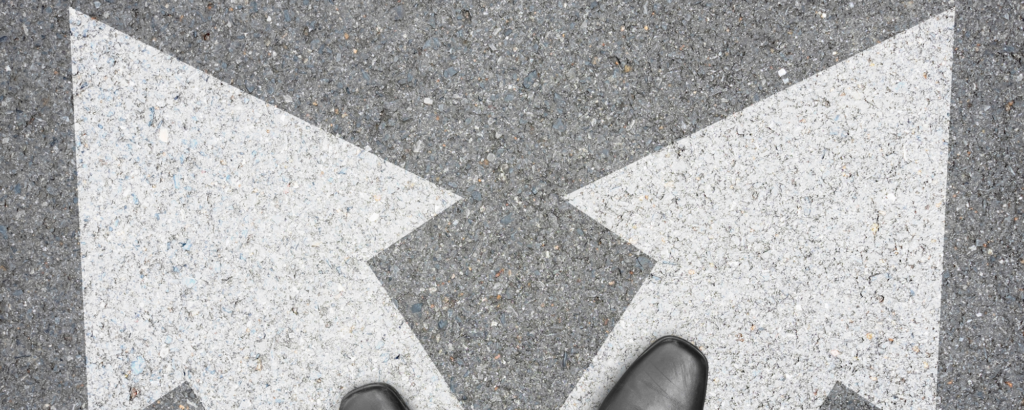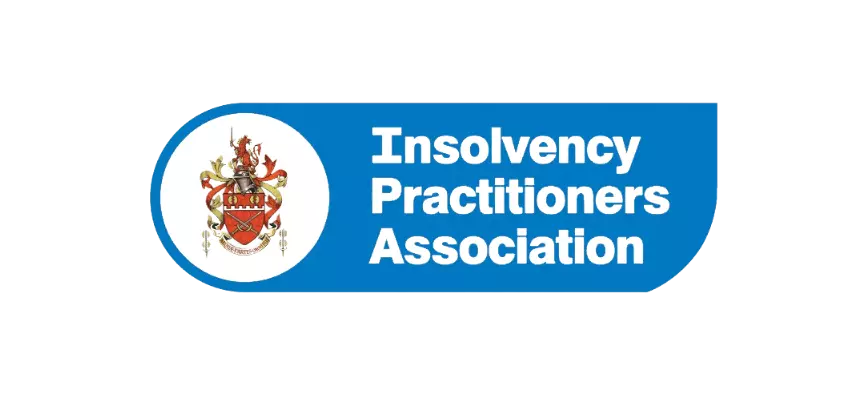Typically, most individuals believe that if you can’t keep up with your loan or credit card payments, bankruptcy is the only alternative.
However, in more recent years many have found an IVA to be a more viable solution to their financial difficulties.
But what is the difference between an IVA and bankruptcy, and which one would be more suitable for your situation?
In this article, we will cover everything you need to know about both debt solutions to make an informed decision about which is your best road to go down.
What is an IVA?
An individual voluntary arrangement (IVA) is a debt solution that is specifically designed for people who are struggling to repay their debts.
They can only be administered by a licensed insolvency practitioner.
It is a legally binding agreement between you and your creditors, whereby you agree to repay a certain amount of your debt over a fixed period usually 5 years.
During this time, you will make one monthly payment to your IVA company, which will then be distributed amongst your creditors by your insolvency practitioner.
At the end of the IVA term, any debt remaining is written off.
There are no upfront costs involved with individual voluntary arrangements (IVA), and any costs incurred will usually be included in your monthly payments.
What is Bankruptcy?
Bankruptcy is a legal process that allows individuals who are unable to repay their debts to have those debts written off.
If you declare bankruptcy, your finances and assets will be placed under the control of an official receiver (OR).
It is often considered a more severe debt solution as if you have assets such as a house or a car, they may need to be sold to repay your debts.
Bankruptcy also has upfront costs of approximately £680 that you will have to pay with your online application. The fees are slightly less if you are a resident in Northern Ireland (£631).
The insolvency service only recommends bankruptcy as a last resort, due to its severity of restrictions and the period of time they last for.
Key differences between an IVA and Bankruptcy?
There are several key differences between an IVA and bankruptcy that you should be aware of before making a decision about which is the right solution for you.
Debt level required
When deciding between an IVA or bankruptcy is the level of debt you need to be in to qualify.
To be eligible for an IVA, you must have at least £5,000 worth of unsecured debts.
With bankruptcy, there is no minimum debt level required. However, if it is a creditor petitioning to make you bankrupt, you must owe them at least £5,000.
Duration
Another key difference between an individual voluntary arrangement (IVA) and bankruptcy is the duration.
An IVA will last for typically a fixed period of 5 years, after which any remaining debt will be written off.
Bankruptcy, on the other hand, usually lasts for 12 months but in some cases can be extended to 3 years if your circumstances warrant it.
Outside of completion timescales, you should also be aware of how long the impact of each solution can have on your everyday life.
Whilst an IVA’s restrictions are lifted when the IVA is complete, bankruptcy restrictions can last up to 15 years in some cases.
Repayments
When it comes to repayments, an IVA will see you make one monthly payment to your IVA company which is calculated after ensuring you can still afford your essential living costs.
This payment will then be distributed amongst your creditors.
In bankruptcy, you may have to make contributions from your income towards repaying your debts if you have a regular income.
These payments are called ‘income payments orders’ and last for 3 years. If you do not have a regular income, you will not be expected to unless your situation changes and improves to enable payments.
Impact on your life
One of the main considerations when choosing between an IVA and bankruptcy is the impact it will have on your life.
IVA impact
With an IVA, you will be able to keep hold of your assets such as your house and car as long as you keep up with the agreed monthly repayments.
You will however be asked to release equity if possible to help reduce the amount of debt write-off. This will depend on how much equity you have available.
If this isn’t possible for reasons such as negative equity, the IVA will still continue.
Bankruptcy impact
Bankruptcy, on the other hand, may see you losing some of your assets if the official receiver (OR) decides they should be sold to repay your debts. This could result in you having to sell items such as your house or car.
The proceeds received by these sales will be divided amongst the people you owe money to by your official receiver.
Employment
Your employment status is also something you will need to consider when deciding which debt solution is right for you.
Bankruptcy can place some severe restrictions on job statuses especially if you are working in certain professions such as law or accountancy.
An IVA does not have such severe restrictions, although it is worth noting that some employers may view an IVA negatively. This will be around professions such as accountancy and banking for example. However, not all employment positions in these sectors will be affected.
If you are unsure about your employment it is always worthwhile to check your employment contract as the first port of call. Some people may also be able to reach out to their current employer for guidance on this issue.
Self Employment
Individual voluntary arrangements do not restrict you from becoming or remaining a company director. This makes it a favourable debt solution for people who own a business or a part of a limited company.
This differs from bankruptcy whereby you are prohibited from being a company director until you are formally discharged. If you are already a director of a limited company, you will have to be removed from your position.
Credit file
Another key consideration is the impact an IVA and bankruptcy will have on your credit file.
An IVA stays on your credit file for a period of 6 years.
With bankruptcy, it will also stay on your credit rating for 6 years. This is unless the bankruptcy order lasts longer than this, then it will stay on your file until the discharge is filed.
Public Knowledge
One final consideration when making your decision is the level of public knowledge surrounding an IVA and bankruptcy.
With an IVA, your details will be added to the Individual Insolvency Register which is a public record. However, someone would have to actively search for your name on this register to find out about your IVA.
Bankruptcy, on the other hand, is a public process and your details will be published in the London Gazette which is widely available online. This means that anyone who searches for your name could likely find out about your bankruptcy.
Bank accounts
With both debt solutions, you will still be able to apply for bank accounts.
The type of bank account you can be approved for will be more limited than someone who has not entered into formal debt solutions.
This is due to the restrictions placed on both bankruptcy and an IVA with credit. For example, you will not be able to access a current account with an overdraft facility.
IVA vs. Bankruptcy, which one is better?
Both an IVA and bankruptcy order affect your life in different ways. Which one is better will depend entirely on your own financial situation and what you want to achieve.
If you want to protect your assets such as your car or property, an IVA may be the right choice for you as it allows you to keep hold of them. In Bankruptcy this is not the case. The official receiver may look to sell your assets and the proceeds will be distributed amongst all your creditors.
The same comparisons must be taken into consideration for all other elements that are important to you. Consider your employment or self-employment, credit rating and general impact on your life before making a decision.
With both an IVA and bankruptcy being legally binding agreements, it is important to be fully aware of the pros and cons of both debt solutions.
This is why we would recommend seeking debt advice from an experienced debt organisation such as PennyPlan.
Speak to an insolvency practitioner today
PennyPlan provides free debt advice to hundreds of UK residents daily.
We have an in-house insolvency practitioners who can set up and fully manage insolvency solutions such as an IVA to tackle customers’ unsecured debt.
All our in-house insolvency solutions are supervised by an insolvency practitioner who is licensed by the insolvency practitioners association (IPA).
If you’re looking to seek advice on how an IVA or bankruptcy works and which one is best for your circumstances, you can book a free financial consultation with one of our insolvency practitioners today.







